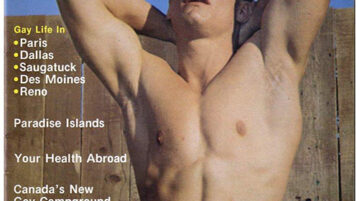
Ciao! Magazine: The Gay Dolce Vita of the ’70s
CIAO! The World of Gay Travel was a bimonthly magazine published by George Desantis in New York City. Desantis had been a school teacher but lost his job when they found out he was gay.
More
CIAO! The World of Gay Travel was a bimonthly magazine published by George Desantis in New York City. Desantis had been a school teacher but lost his job when they found out he was gay.
More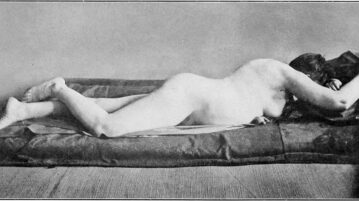
BY DAY, the pseudonymous Jennie June lived a respectable, middle-class life in early 20th-century New York. By night, he traipsed through the shadows of working-class communities as a woman, cruising soldiers and other trade. If he’d been born a century later, he might have seen himself as a trans woman or nonbinary person, but in the language of his era he identified as a “passive invert,” a “Uranian,” a “fairy,” a “boy-girl,” or an “androgyne” …
More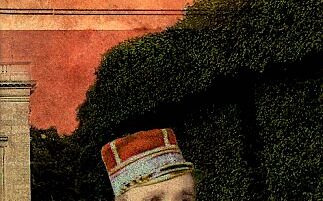
Maumort is not so much a novel as a fictionalized memoir—at least in its present state. Du Gard changed his mind several times while writing it regarding how exactly to tell the story; more on that later. What surprised me the most was a) how little known it is today, and b) how incredibly frank and nonjudgmental it is on sexual matters in general and on homosexuality in particular. Indeed, du Gard, who was a close friend of André Gide (in fact, the work is dedicated to him), spends a lot of time contemplating why the Lieutenant-Colonel did not turn out to be homosexual, despite the fact that many of his early sexual forays—one could even argue, his most significant ones—were with men.
More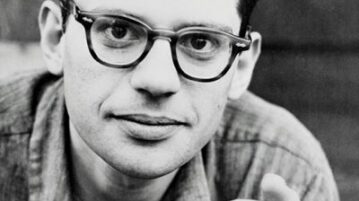
IN 1949, more than five years before writing his landmark poem “Howl,” a 23-year-old Allen Ginsberg was for eight months a patient at the New York State Psychiatric Institute (PI),…More
AS A SUPERFAN of Neil Bartlett—I’ve raved about four of his works in these pages—I recently went back to his first novel, Ready to Catch Him Should He Fall (1992), reissued in 2017. In the new introduction, Bartlett acknowledges his debt to “two of my favourite collector’s items in the pre-history of British gay fiction, Rodney Garland’s The Heart in Exile (1953) and the screenplay for the film Victim (1961).” I’d seen the film (Dirk Bogarde suffers, fabulously), but didn’t know the novel, and wondered what a seventy-year-old novel might have to say to me. Fortunately, the always valiant Valancourt Books reissued it in 2014, with a splendid introduction by none other than Bartlett himself.
More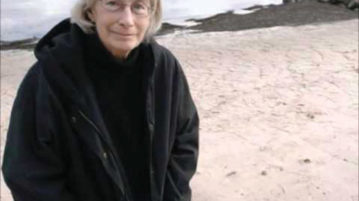
By David Masello: Oliver was never afraid to use certain words in her poems. Cover your ears, for you may be offended. Her language includes nouns and adjectives like beautiful, love, beloved, prayer, loneliness, God, holy, and heaven.
MoreI came across George Cecil Ives while looking for material about sports at the turn of the 20th century. Ives was a huge fan of cricket and kept meticulous records for numerous matches in his scrapbooks. He would later become, inadvertently, the first openly gay first-class cricketer when he took to the field himself …
More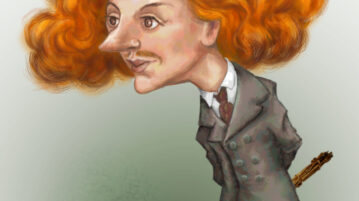
THE POET Algernon Swinburne (1837–1909) can be best described as a colorful eccentric who lived and wrote without shame in late Victorian England, where moral behavior was so strictly regulated that artists with bohemian ideas were performing incredible stealthy feats in order to launch their careers.
More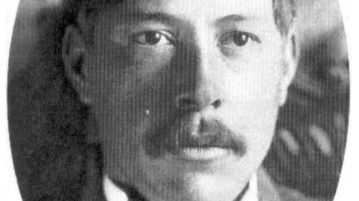
Ned would undoubtedly have preferred Pollini’s interpretation. He wrote a book titled A Defence of Uranian Love that was published under a pseudonym after his death. In it, he makes an argument for same-sex relationships based on those prevalent in Ancient Greece, in which an older male mentors a younger one and may or may not have sexual relations with him. It is easy to understand how the Warren Cup was his “Holy Grail,” as he called it.
More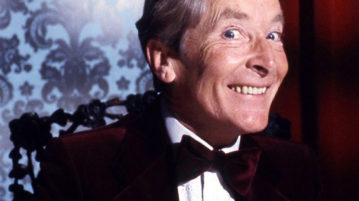
It was Kenneth Williams, the most prolific of the Carry On ensemble, who appeared in 26 films in total. He was usually given the role of the overwrought, snide intellectual in a position of authority. His presence was unfailingly electrifying, with his clipped, nasal vocal intonations and facial expressions of remarkable elasticity. He could elevate even the most lowbrow of breast-related puns with a subtle glance, a curt turn of the head, or an elaborately scandalized vocal delivery.
More